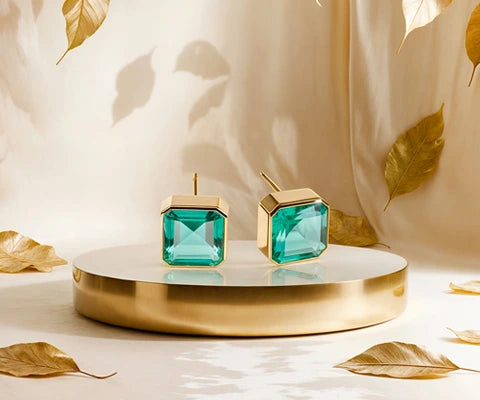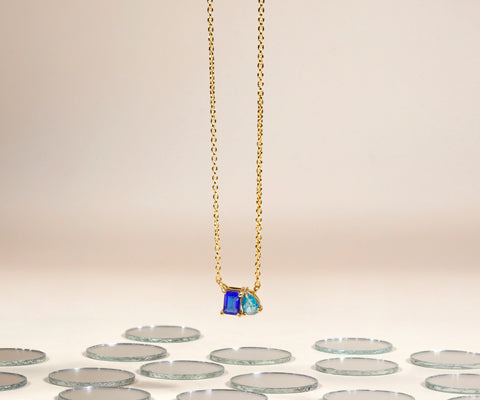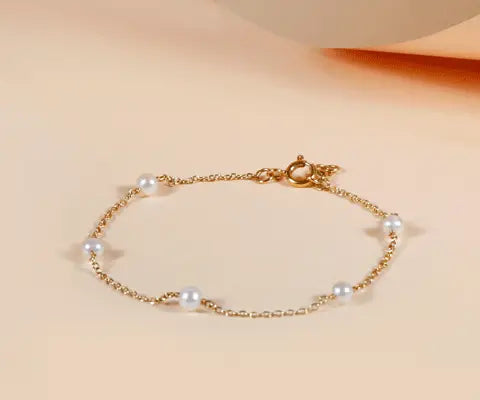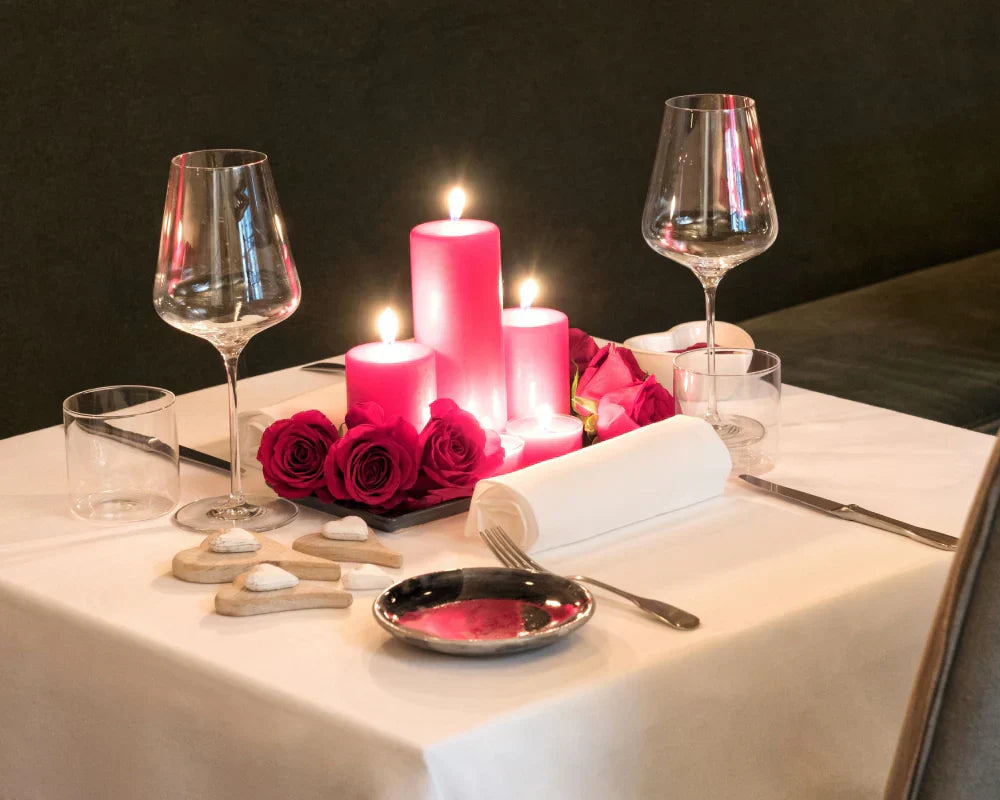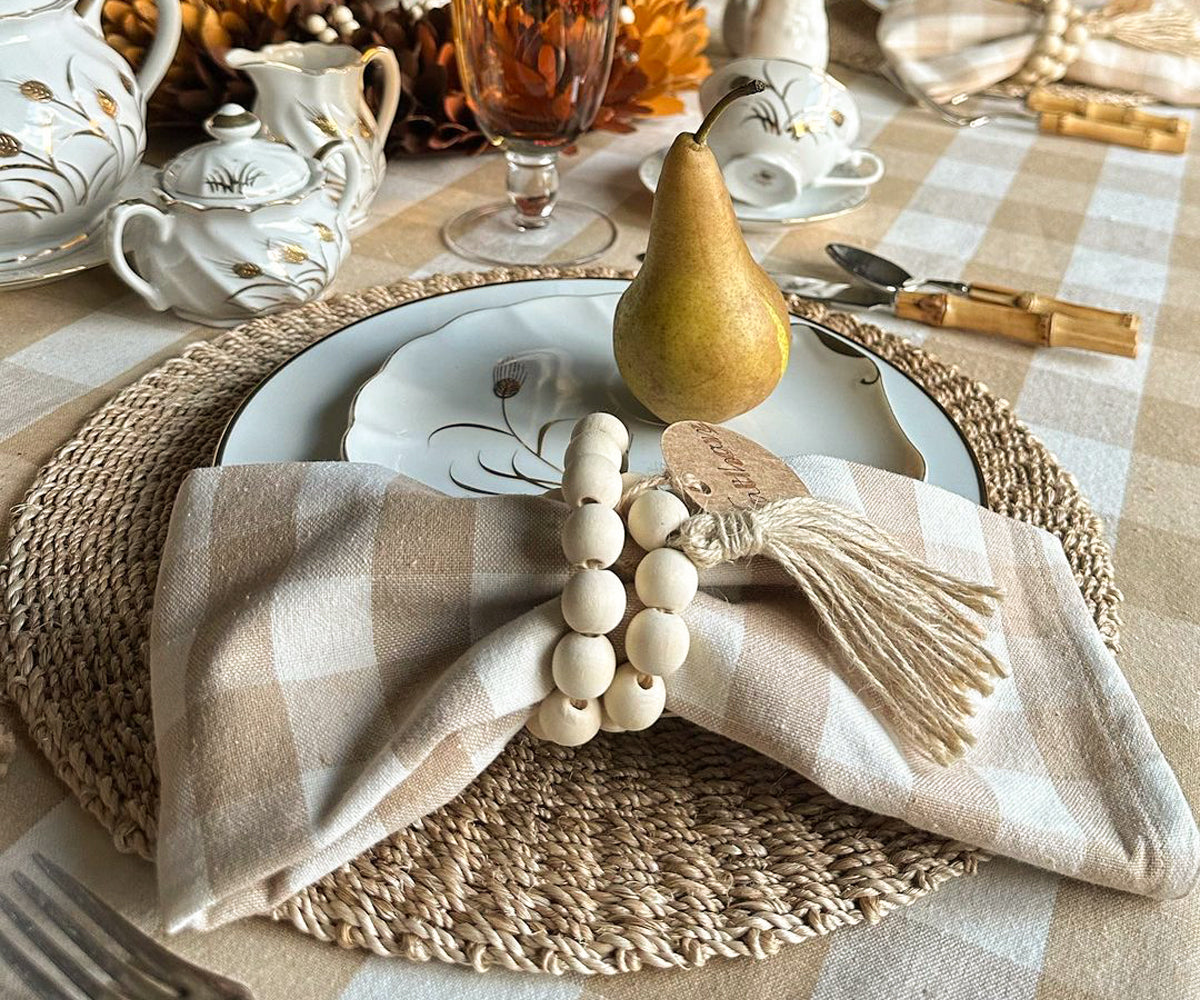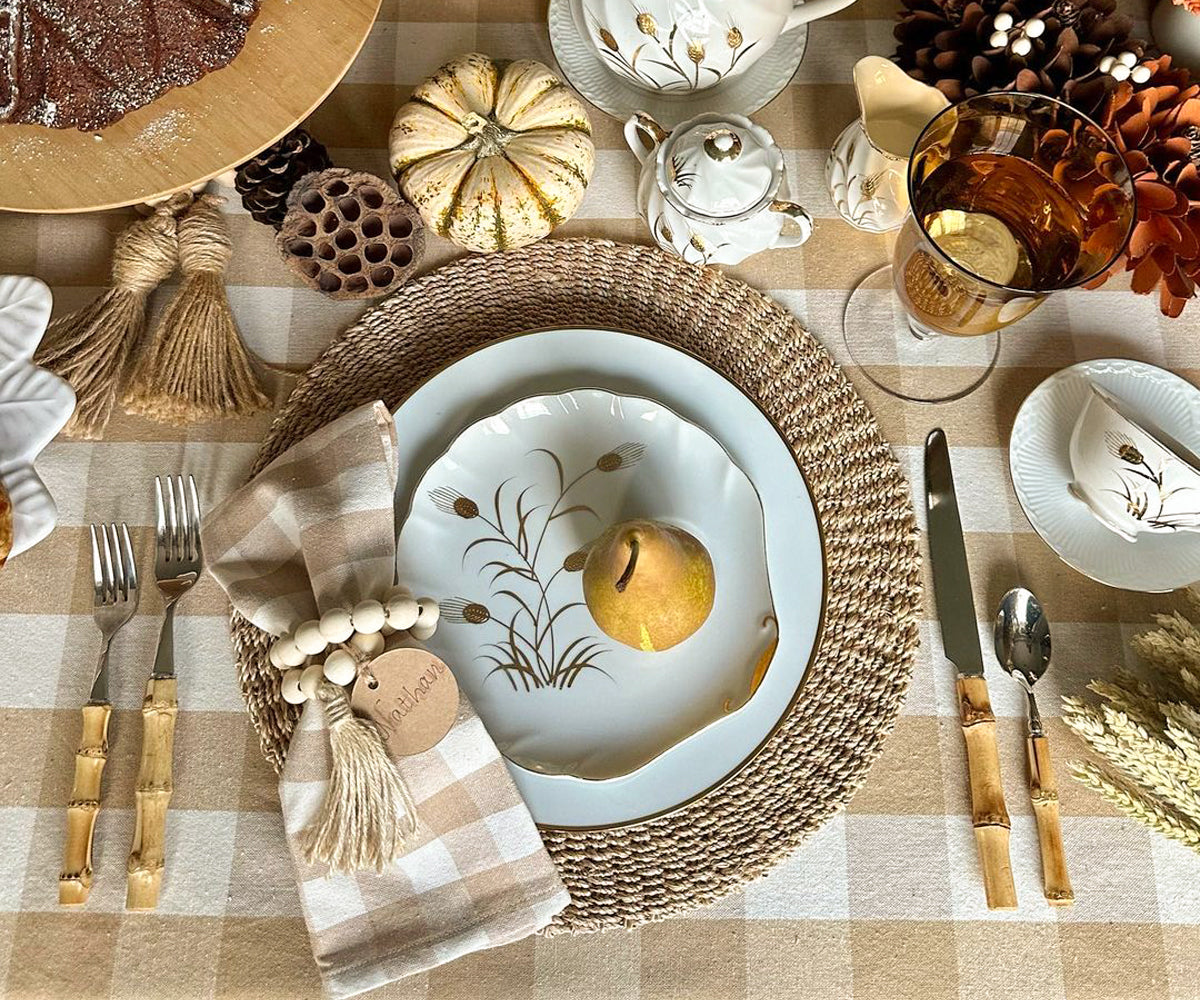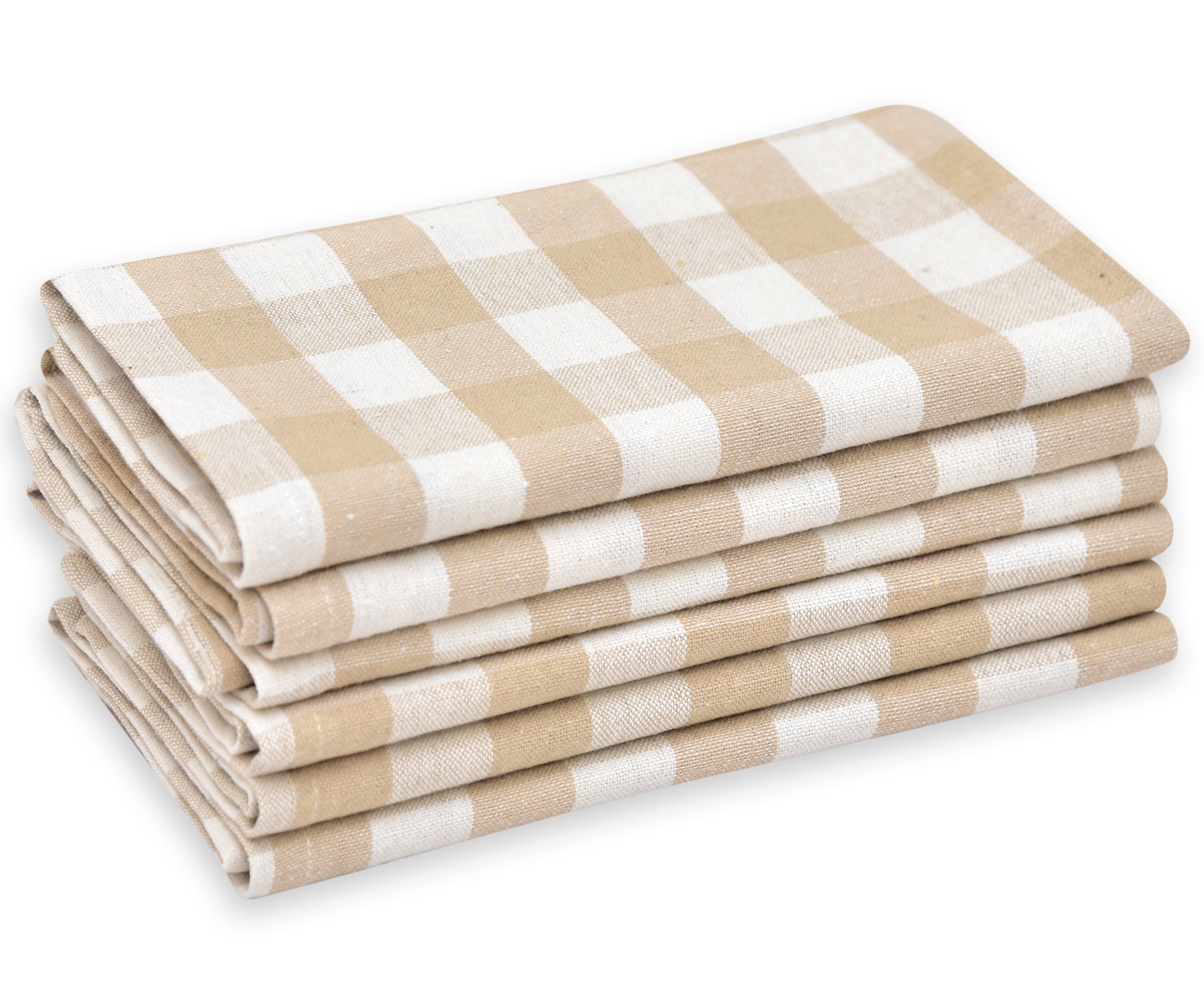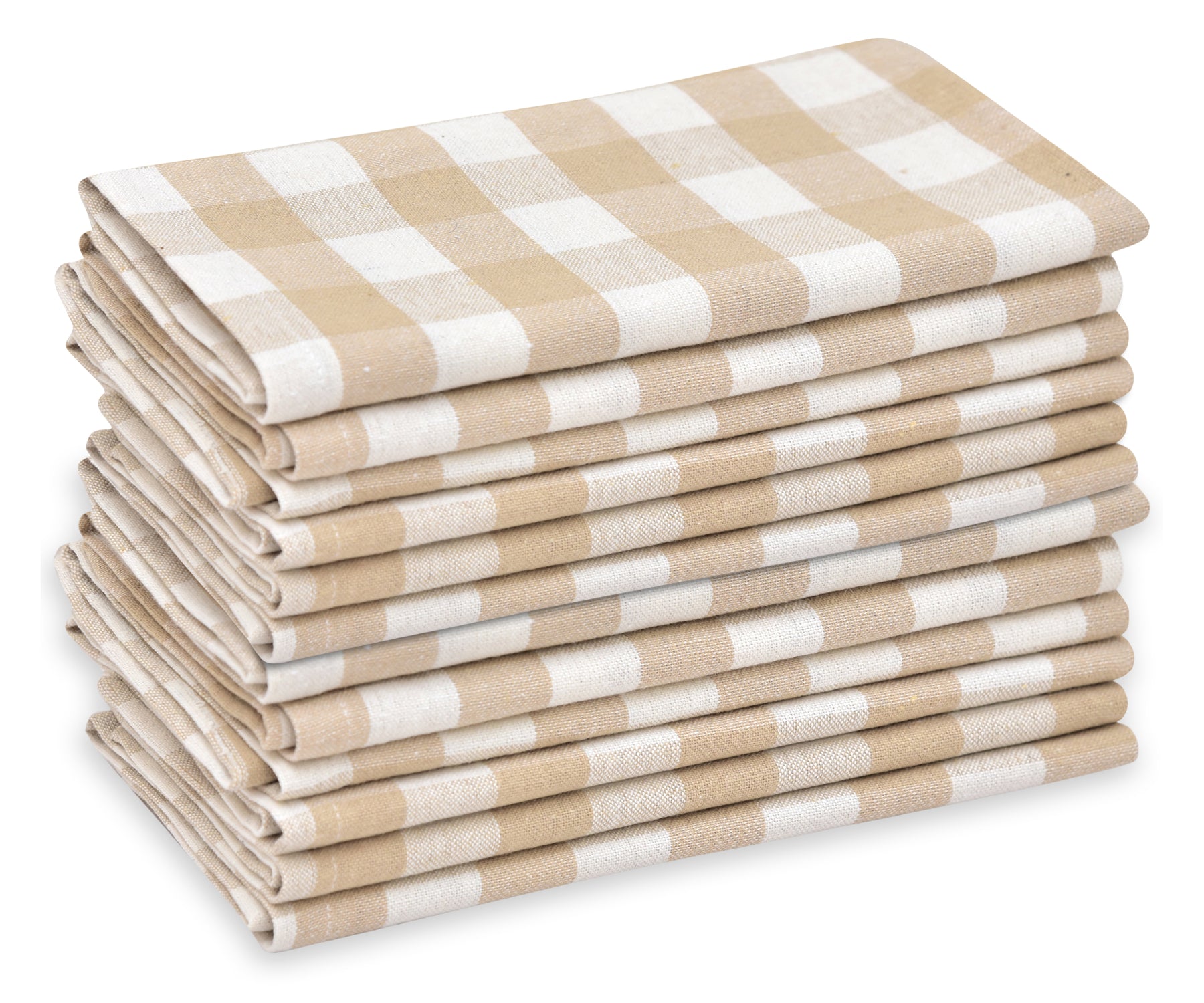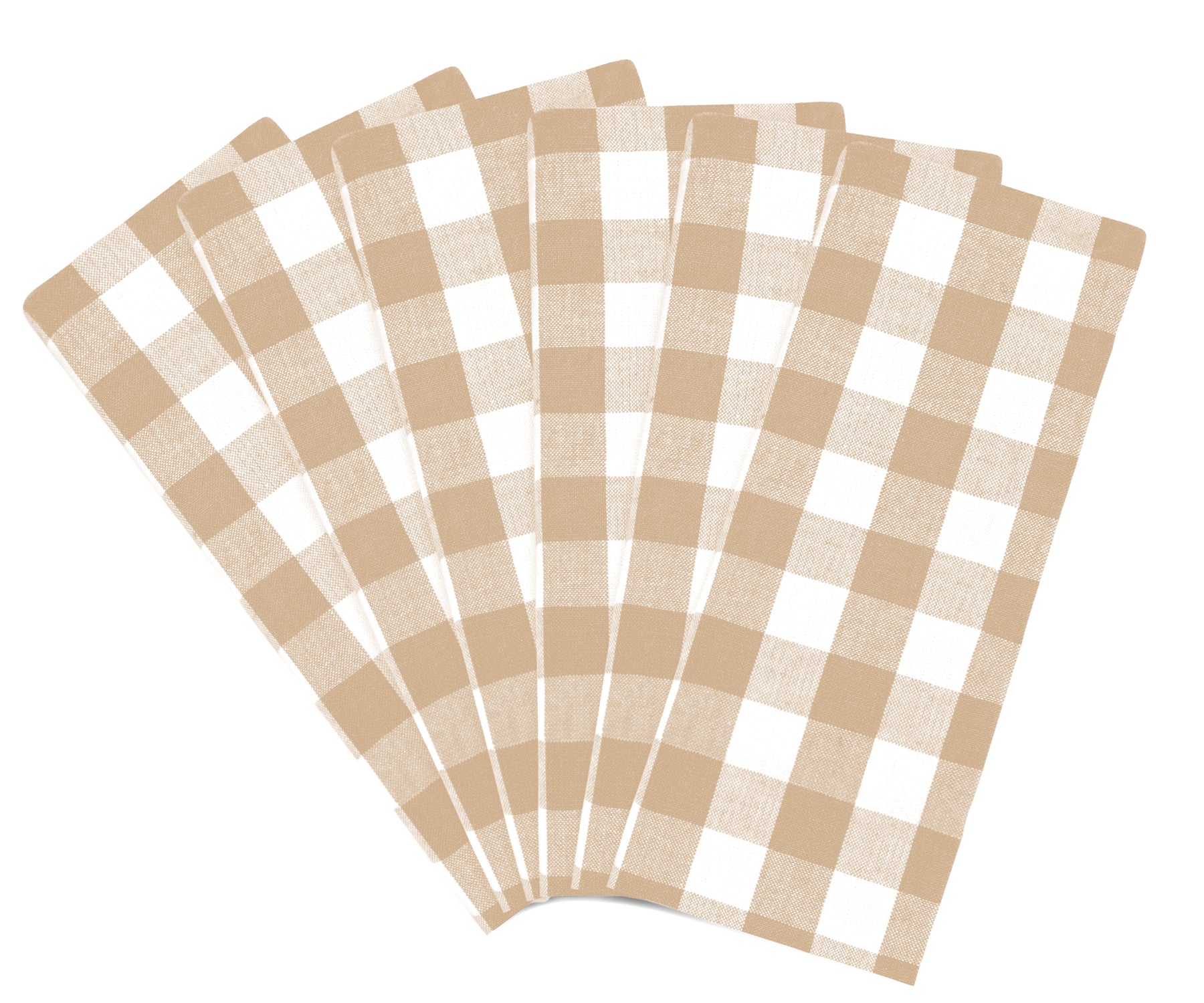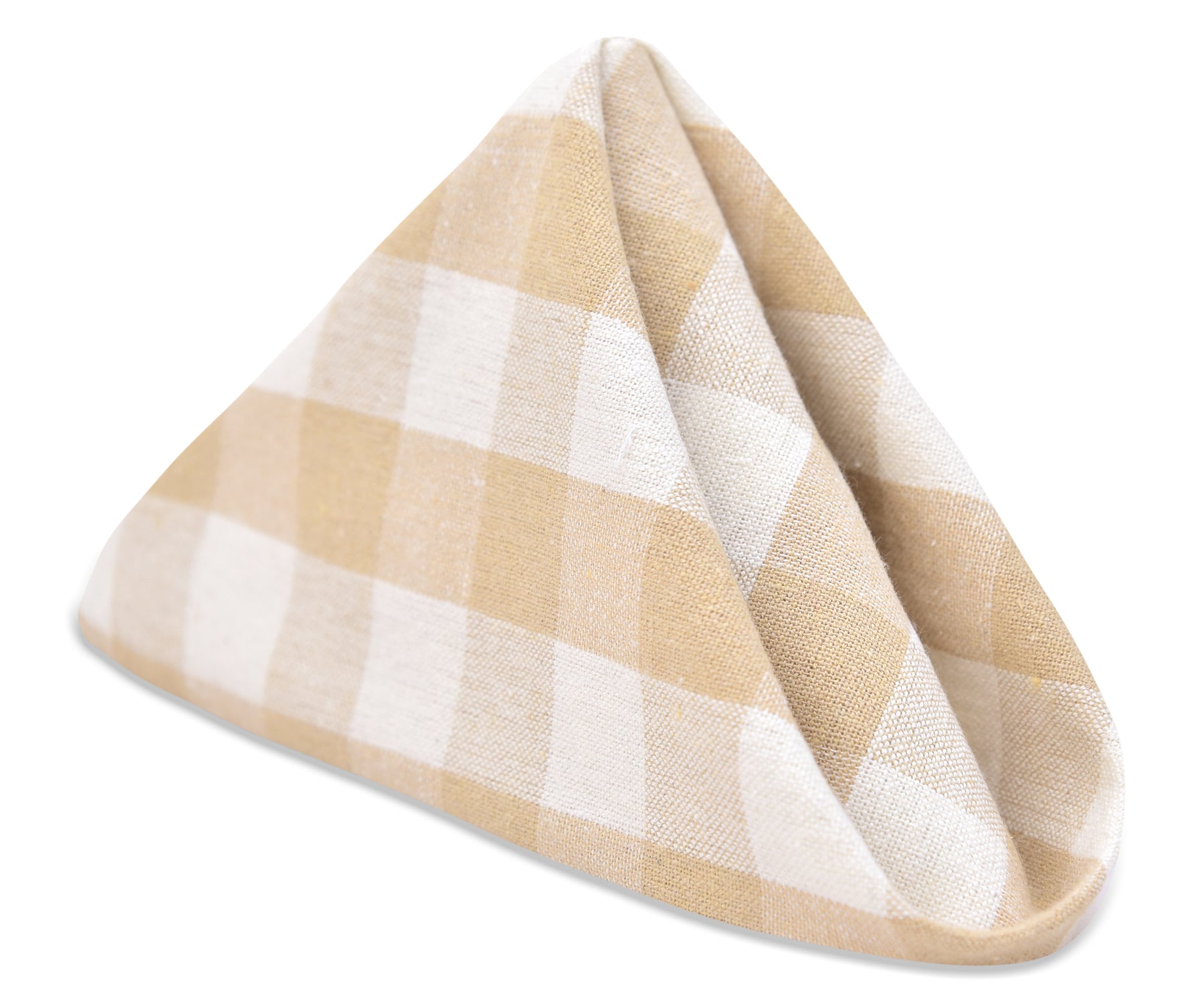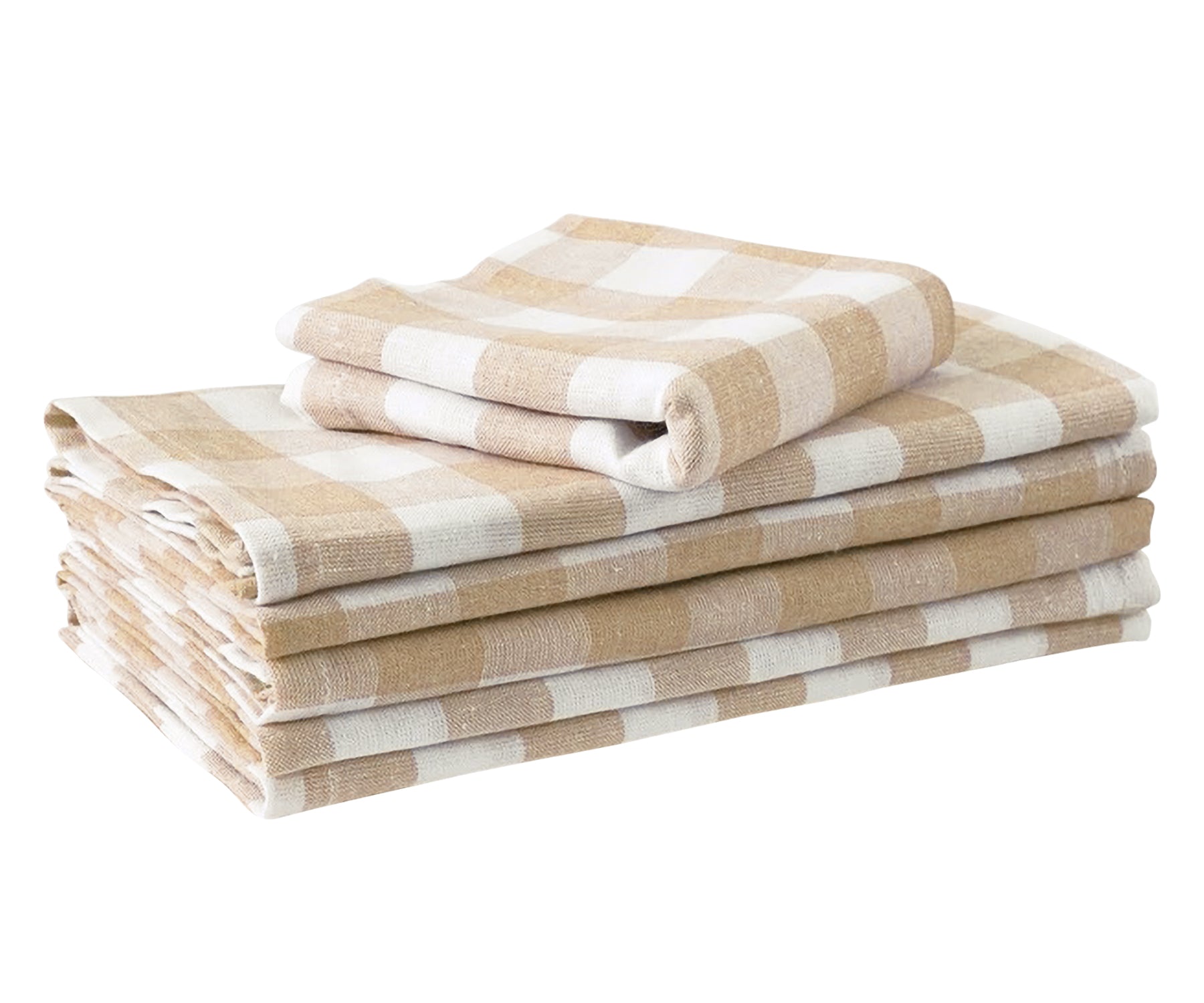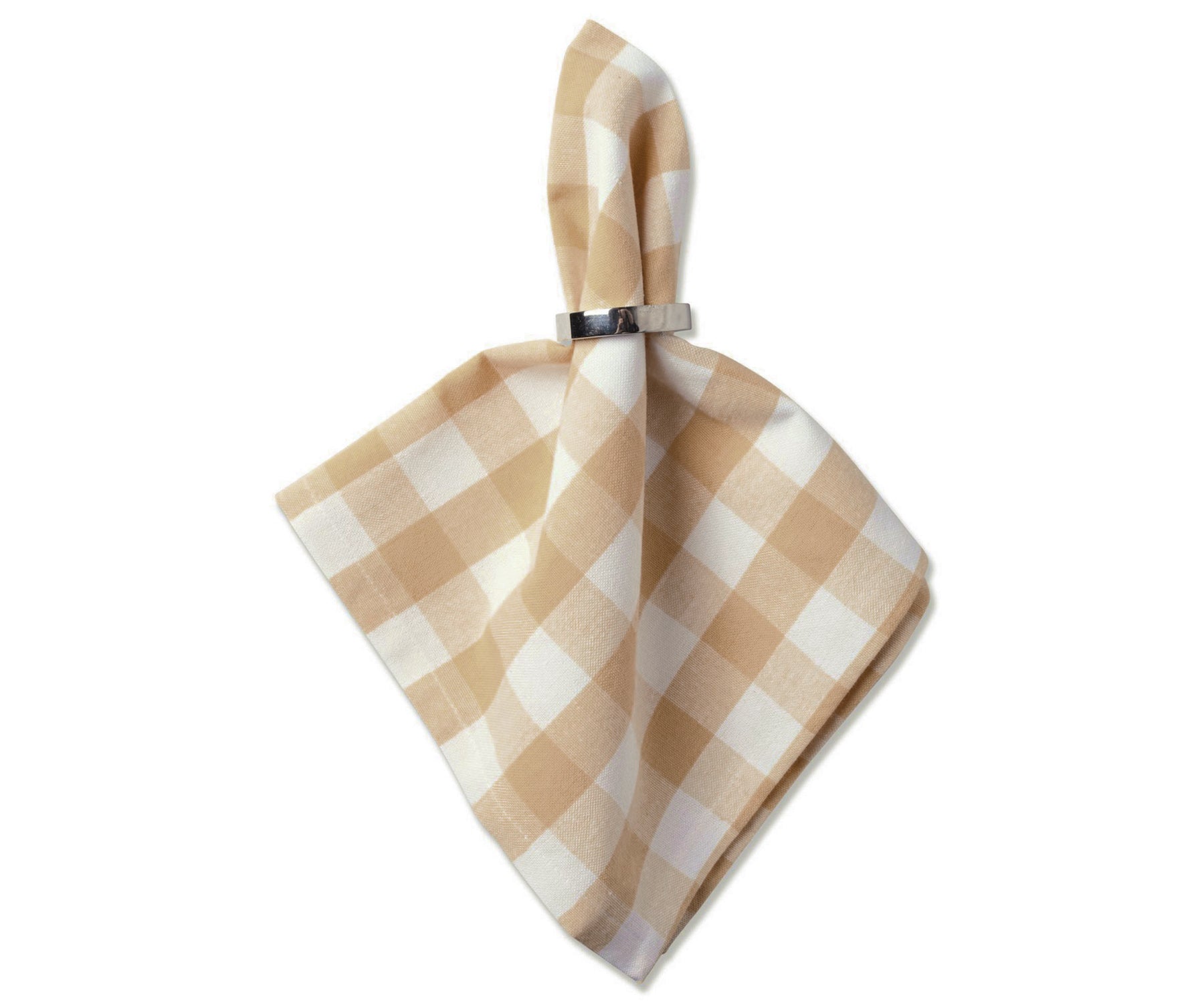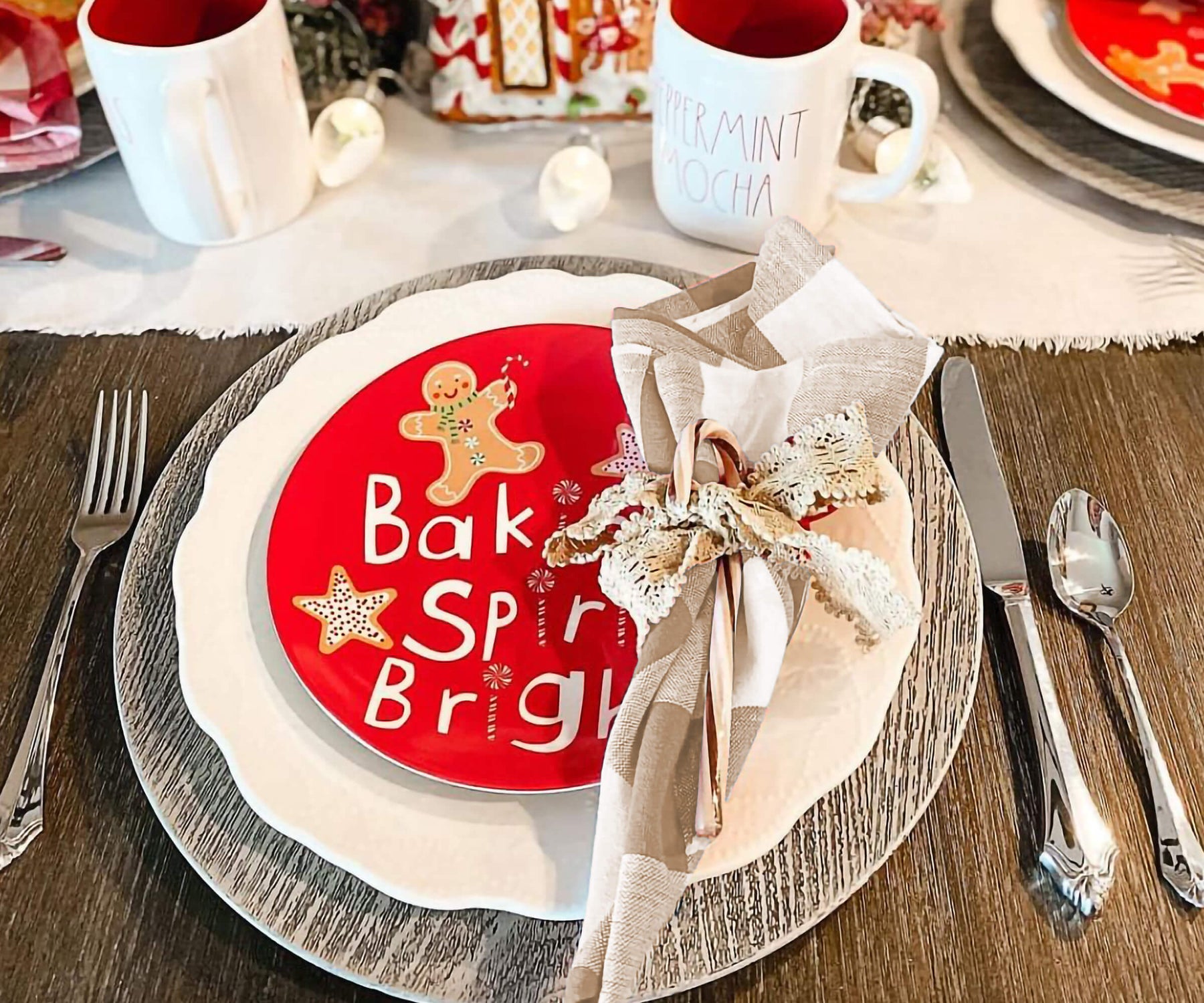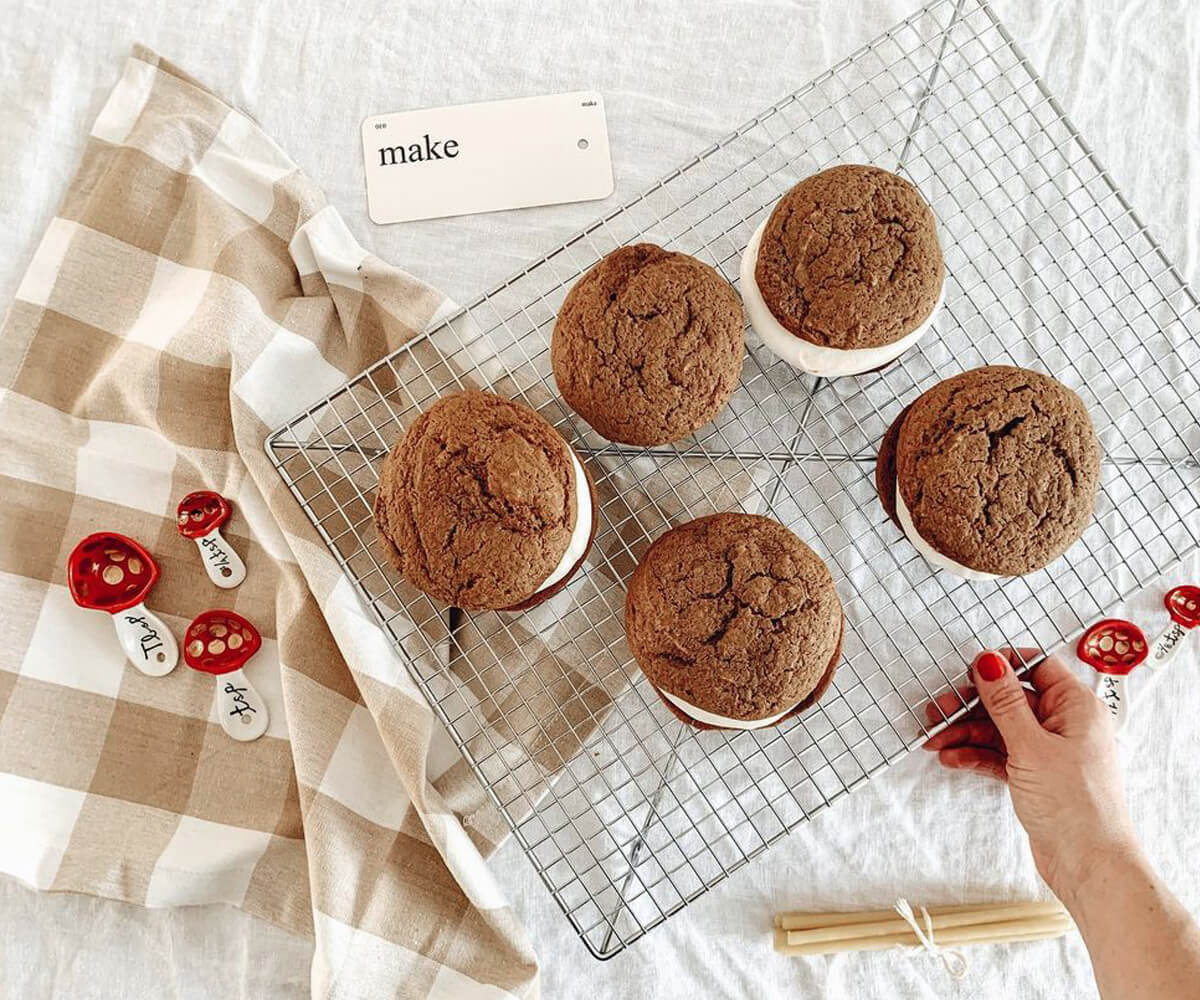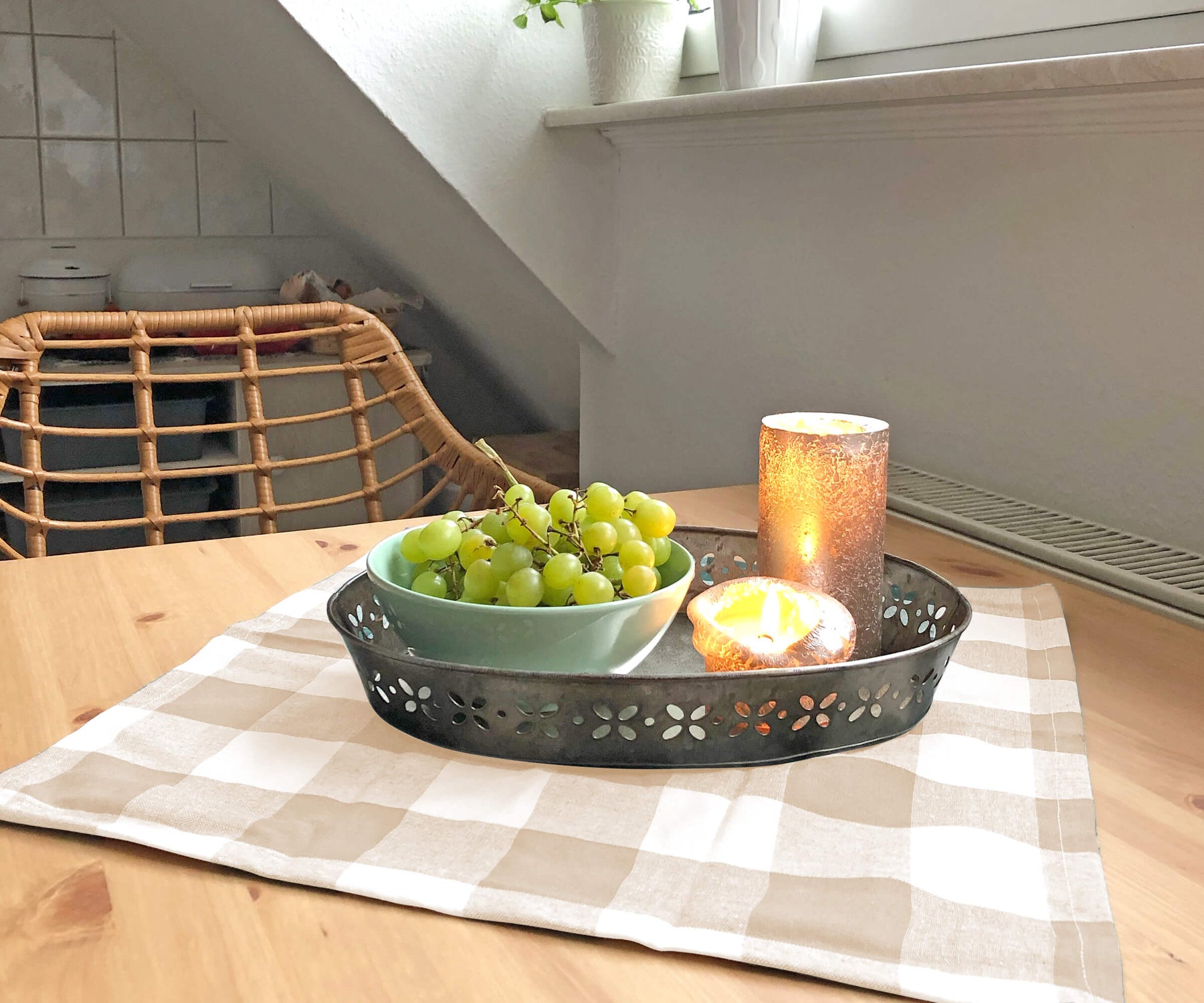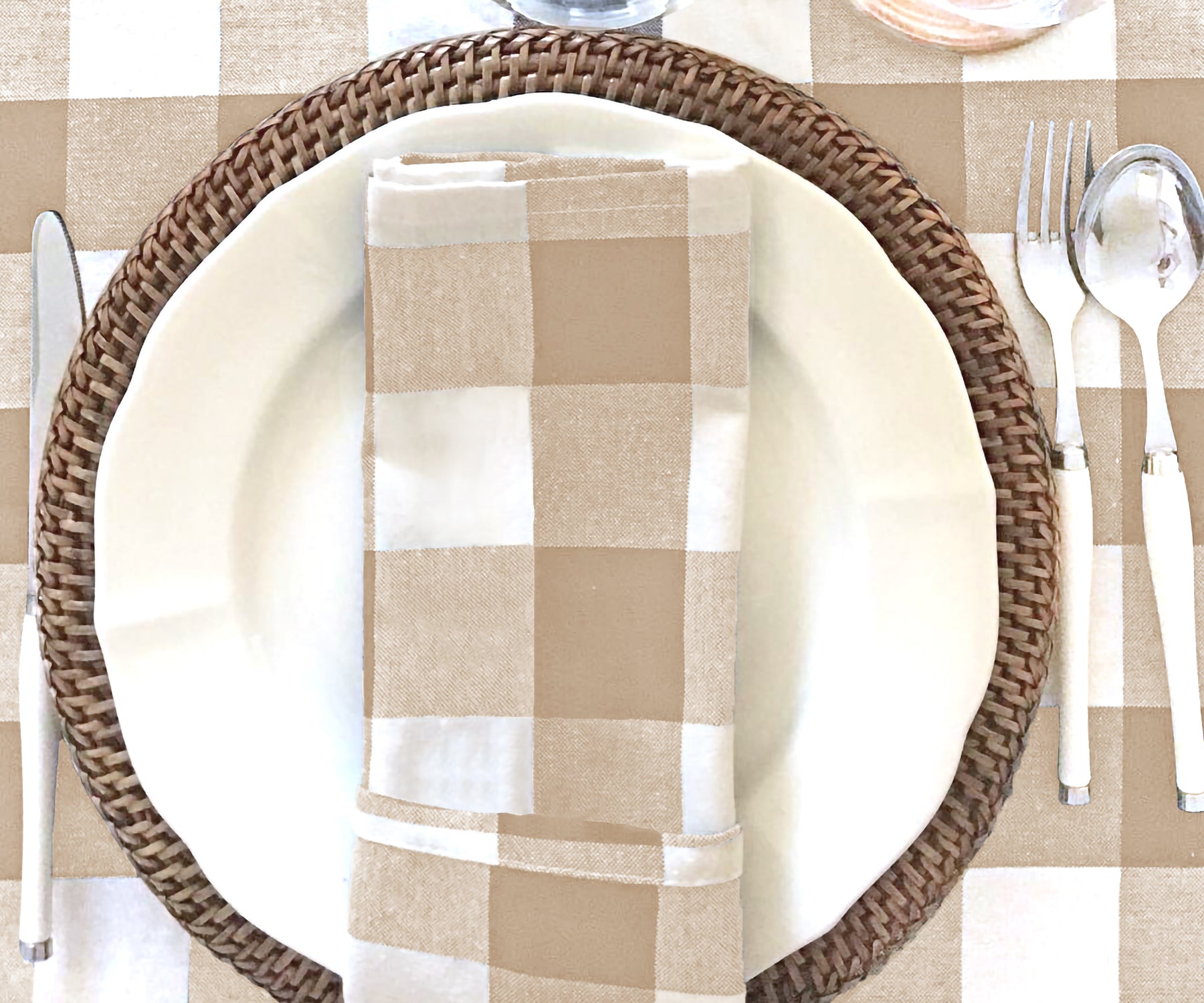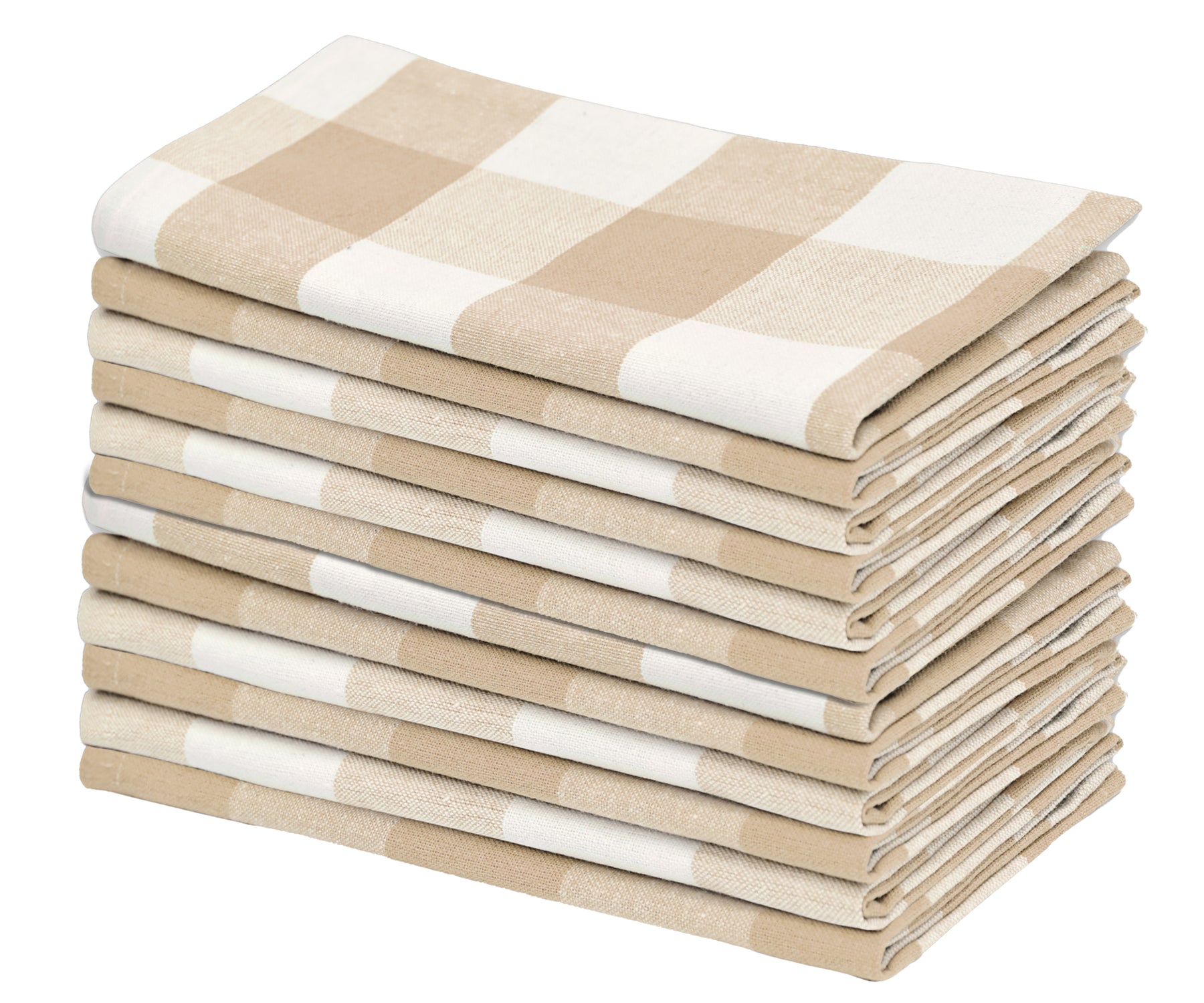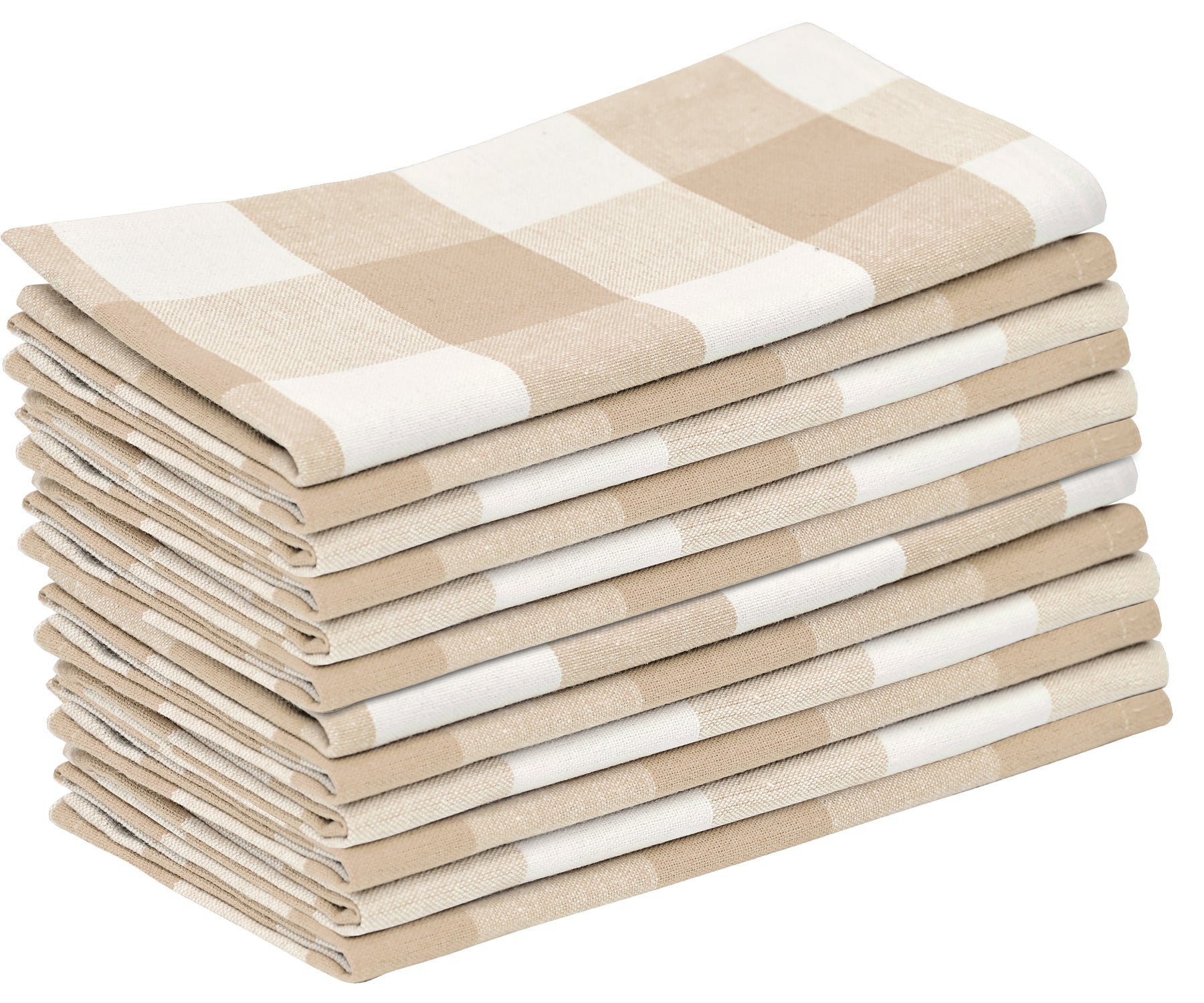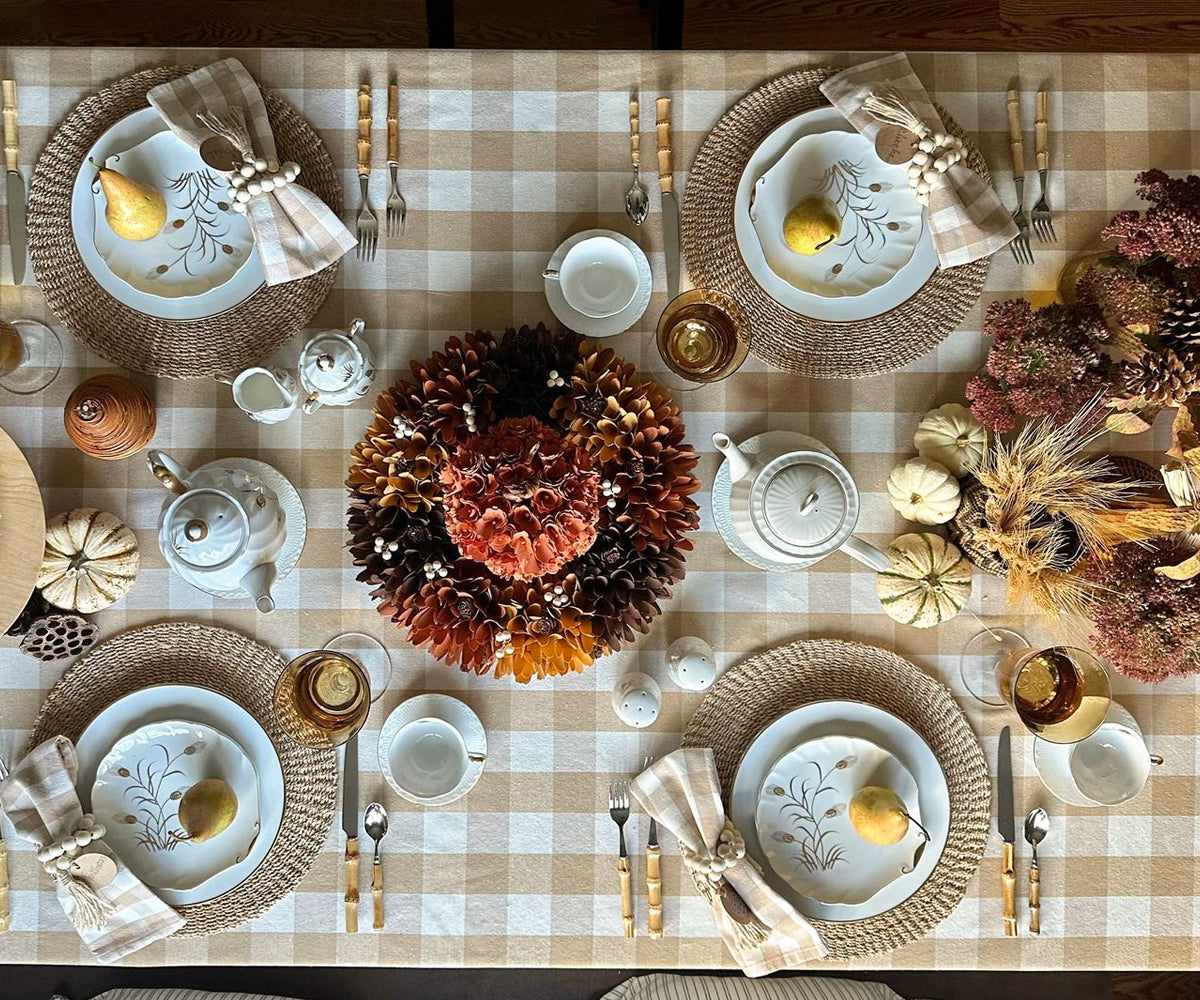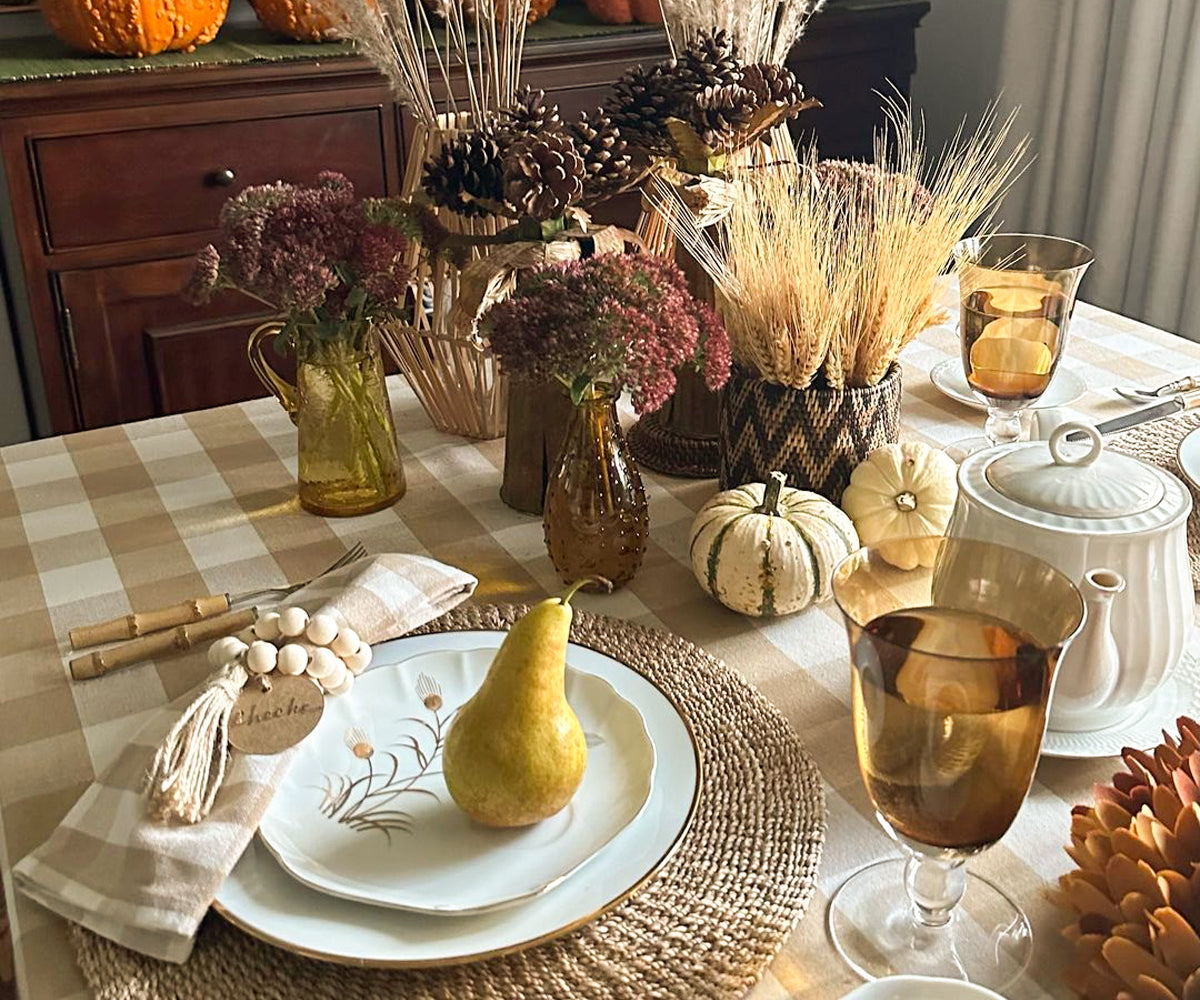Addressing Invitations to a Married Couple
When inviting a married couple, the traditional approach is to use “Mr. and Mrs.” followed by the husband’s full name (e.g., Mr. and Mrs. John Smith). However, modern etiquette allows for more flexibility.
If the wife has kept her maiden name or uses a hyphenated last name, you can address the envelope as Mr. John Smith and Ms. Jane Doe. For a married couple with different last names, list both names alphabetically or in the order that feels most natural (e.g., Ms. Jane Doe and Mr. John Smith).
Celebrate your wedding in style by buying elegant wedding table linens at All Cotton and Linen, where you can enjoy a special 15% off to make your big day even more memorable!
Inviting an Unmarried Couple
For an unmarried couple, it’s best to list both names on the same line, separated by “and” (e.g., Ms. Emily Brown and Mr. Michael Green). If they don’t live together, send separate invitations to each person. This approach is respectful and avoids any assumptions about their relationship status.

Including a Plus-One
When addressing invitations with guest, always include the name of the guest’s plus-one if you know it. For example, Ms. Sarah Johnson and Mr. David Lee. If you don’t know the name, simply write Ms. Sarah Johnson and Guest. This ensures your guest feels acknowledged and welcomed.
Read to Know: How to Plan a Wedding on a Small Budget
Inviting a Family with Children
If you’re inviting a family with children’s names, you have a couple of options. For a more formal approach, list the parents’ names on the top line and the children’s names below (e.g., Mr. and Mrs. Robert Taylor followed by Emily, James, and Olivia Taylor).
For a modern twist, you can simply write The Taylor Family on the outer envelope. If you’re inviting a family with kids but only want to include the parents’ names, address the envelope to Mr. and Mrs. Robert Taylor and clarify on the RSVP card that the invitation is for the entire family.
Also Read: What to Write in a Wedding Card: Heartfelt Messages & Wishes
Addressing Invitations Without an Inner Envelope
Traditionally, wedding invitations come with envelopes—an outer envelope and an inner one. However, many couples today opt for a single envelope to save on costs and reduce waste.
If you’re sending invitations without inner envelope, make sure the outer envelope includes all the necessary details. For example, if you’re inviting a married couple with different last names, write Ms. Jane Doe and Mr. John Smith clearly on the front.
Read Related: What to Wear to a Wedding: Stylish Outfit Ideas for EveryOne
Including the Return Address
Don’t forget to include the return address on the back flap of the envelope. This ensures that any undeliverable invitations make their way back to you. Use the name of the person or people hosting the wedding (e.g., the couple or their parents) followed by the full address.
Modern Etiquette for Unconventional Situations
Modern weddings often include non-traditional family structures, and your invitations should reflect that. For example, if you’re inviting a family with one child, you can address the envelope as The Carter Family or list the parents’ names followed by the child’s name (e.g., Mr. and Mrs. Carter and Lily). The key is to be inclusive and thoughtful.
Tips for a Polished Presentation
-
Double-check spellings: Nothing says “I didn’t care” like misspelling a guest’s name.
-
Use formal titles: Unless you’re close friends, stick to Mr., Mrs., Ms., or Dr.
-
Be consistent: If you’re using full names for one couple, do the same for all.
-
Consider handwriting: Handwritten addresses add a personal touch, but printed labels are perfectly acceptable if you’re short on time.
Addressing wedding invitations doesn’t have to be stressful. Whether you’re inviting a family, a married couple, or an unmarried couple, the key is to be clear, respectful, and thoughtful. And remember, while tradition is important, it’s okay to embrace a modern approach that reflects your unique style and values.
So, grab your pen (or printer) and start addressing those envelopes with confidence. Your guests will appreciate the effort, and you’ll be one step closer to the wedding of your dreams!

